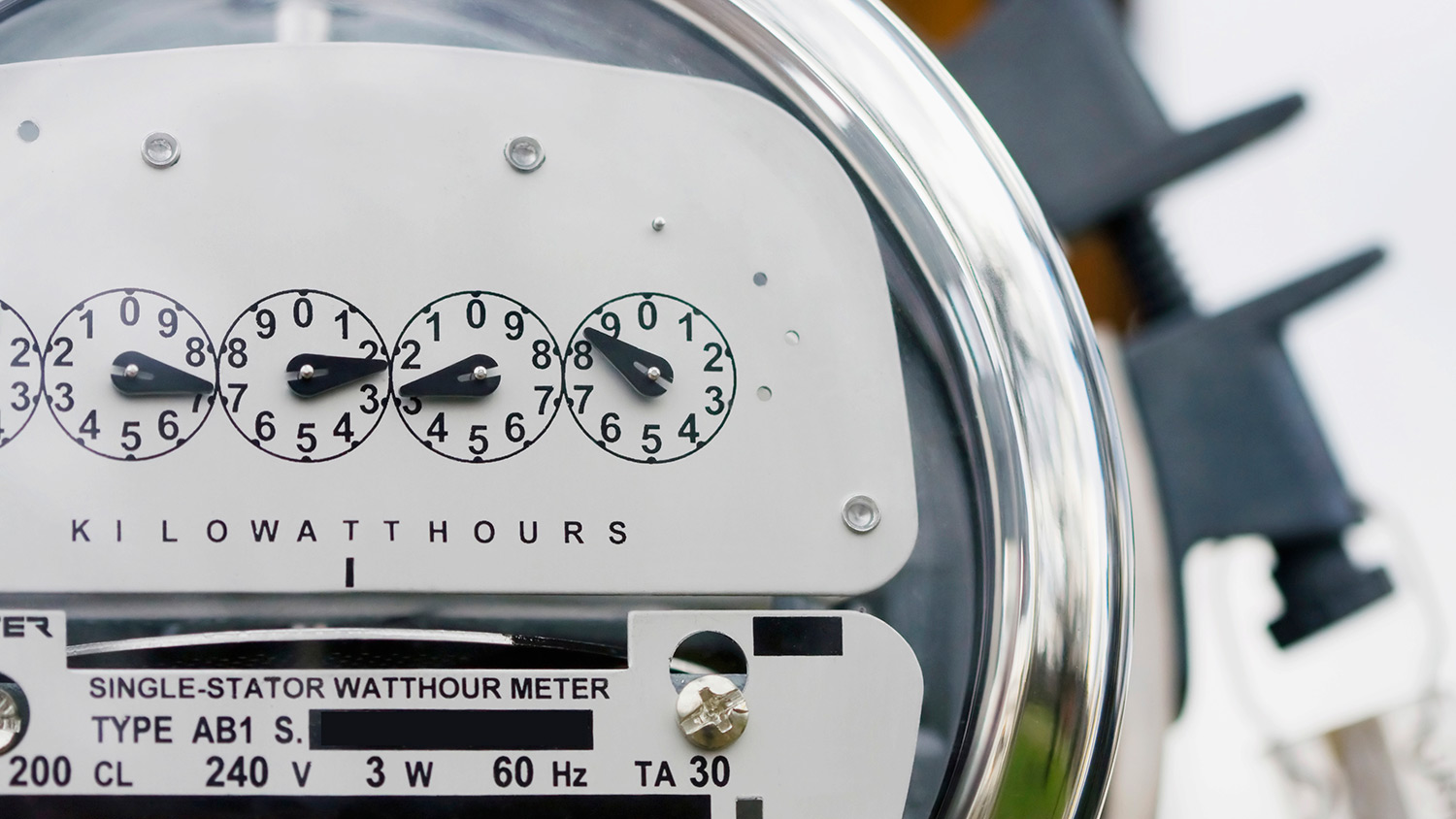
Government campaign to reduce businesses’ energy bills
A new campaign to help businesses, charities and public sector bodies increase their energy efficiency and drive down bills by making simple changes at low-to-no cost has been launched by the UK government.
The campaign, targeted at small and medium sized businesses, will offer guidance on how organisations can make significant savings while cutting emissions, from installing light and heating timers, to turning down boiler flow temperature and changing light bulbs.
Buildings are responsible for approximately 40% of energy consumption and 36% of CO2 emissions in the EU. Whilst some new buildings might be designed to good energy-efficient standards, utilising new technology that reduces waste and saves energy, much of the UK’s building stock is less efficient. In order to comply with worldwide targets to reduce the impact of climate change, buildings need to become more efficient.
Many organisations are already aware of ways to boost their energy efficiency and have put these measures into practice. However, a substantial number of businesses are missing out on huge potential savings, due to a lack of information on how to cut down on their energy costs.
For many companies, a 20% cut in energy costs represents the same bottom-line benefit as a 5% increase in sales. A new website will help organisations access simple, low-to-no cost advice, outlining a range of possible actions, from having better sight of current energy use to upgrading and modifying equipment.
Examples of businesses already benefiting from energy efficiency measures:
- LED lighting allowed a carpark in Bedford to cut their average annual lighting costs by 50%. Lurke Street Multistorey Carpark installed lighting throughout their premises in 2017, replacing older, less energy efficient lighting. By installing a smart meter they were able to actively track and compare year-on-year savings - on average £50,000 per year - allowing them to build business cases for further investments.
- Marlec Engineering, a wind turbine manufacturer in Corby, switched to energy-saving lighting as part of a range of measures to make their business premises more energy efficient. The company replaced T8 Fluorescent lamps with new, energy saving LED tubes. The lighting did not reduce light levels in the office and achieved a 60% saving on lighting costs.
Minister for Energy Efficiency and Green Finance Lord Callanan said:
“Falling wholesale energy prices are welcome news, but this in no way changes our firm, long-term commitments to vastly boost UK energy efficiency across industry and households. From today, businesses, charities and public sector bodies can access helpful and practical advice on simple actions they can take to substantially reduce their energy use – and potentially increase profits. Not only will this help lower operational costs by up to hundreds of thousands of pounds, but smarter energy use will help us deliver on our critical pledges to cut demand by 15% and reach net zero by 2050.”
The new site also offers guidance on taking full advantage of the government’s range of energy support schemes available, such as the new Energy Bills Discount Scheme, which offers a unit discount on bills, and the Boiler Upgrade Scheme, which offers grants to help make installing heat pumps and biomass boilers as cheap as a gas boiler.
Energy Bills Discount Scheme
Organisations across the country will now start receiving money off their energy bills through the new Energy Bills Discount Scheme. It comes as wholesale gas prices are at levels not seen since before Russia’s illegal invasion of Ukraine, with eligible UK businesses, charities, public sector bodies and others to receive the discount until 31 March 2024.
Customers do not need to apply for the universal discount, with suppliers automatically factoring it into the bills of all eligible non-domestic customers.
The new scheme replaces the Energy Bill Relief Scheme, which by late March had paid out £5.6 billion – around £35 million a day to cut energy costs for businesses.
Minister for Energy Consumers and Affordability Amanda Solloway said:
“This government will always be unapologetically pro-business. We’ve spent over £5 billion to protect against disruption to UK industry at the hands of Putin, saving many businesses around half on their wholesale energy costs this winter. The new level of support offered today reflects a substantial drop in global energy prices – now at their lowest level since before Russia’s illegal invasion of Ukraine. We will continue to firmly back UK industry and are making sure those unable to cut back on their energy use continue to be shielded.”
Dhara Vyas, Deputy CEO at Energy UK, said:
“Despite recent falls, wholesale gas prices are still high by historical standards, making this a difficult time for businesses up and down the country. Energy suppliers are working with businesses to come up with innovative solutions that will help customers afford their bills while providing improved customer service and information. But high prices cannot be solved by industry alone, so we’re pleased government and industry have worked together to ensure delivery of this critical, extended support is on time.”
Meanwhile, eligible energy and trade intensive industries will be able to apply for a higher level of support through a GOV.UK portal later this month. This is expected to save some businesses 20% of predicted wholesale energy costs.
Domestic heat networks will also receive a new, sector-specific support rate. This will make sure these customers do not face disproportionately higher energy bills under the Energy Bills Discount Scheme than those supported by the Energy Price Guarantee.
The discount is expected to be reflected in bills from May onwards, with support backdated to 1 April.
Minister Solloway met with Ofgem, energy suppliers and others earlier this week to discuss what more suppliers can do to help business customers fixed into long-term contracts at high prices – especially those in sectors currently facing challenges.




